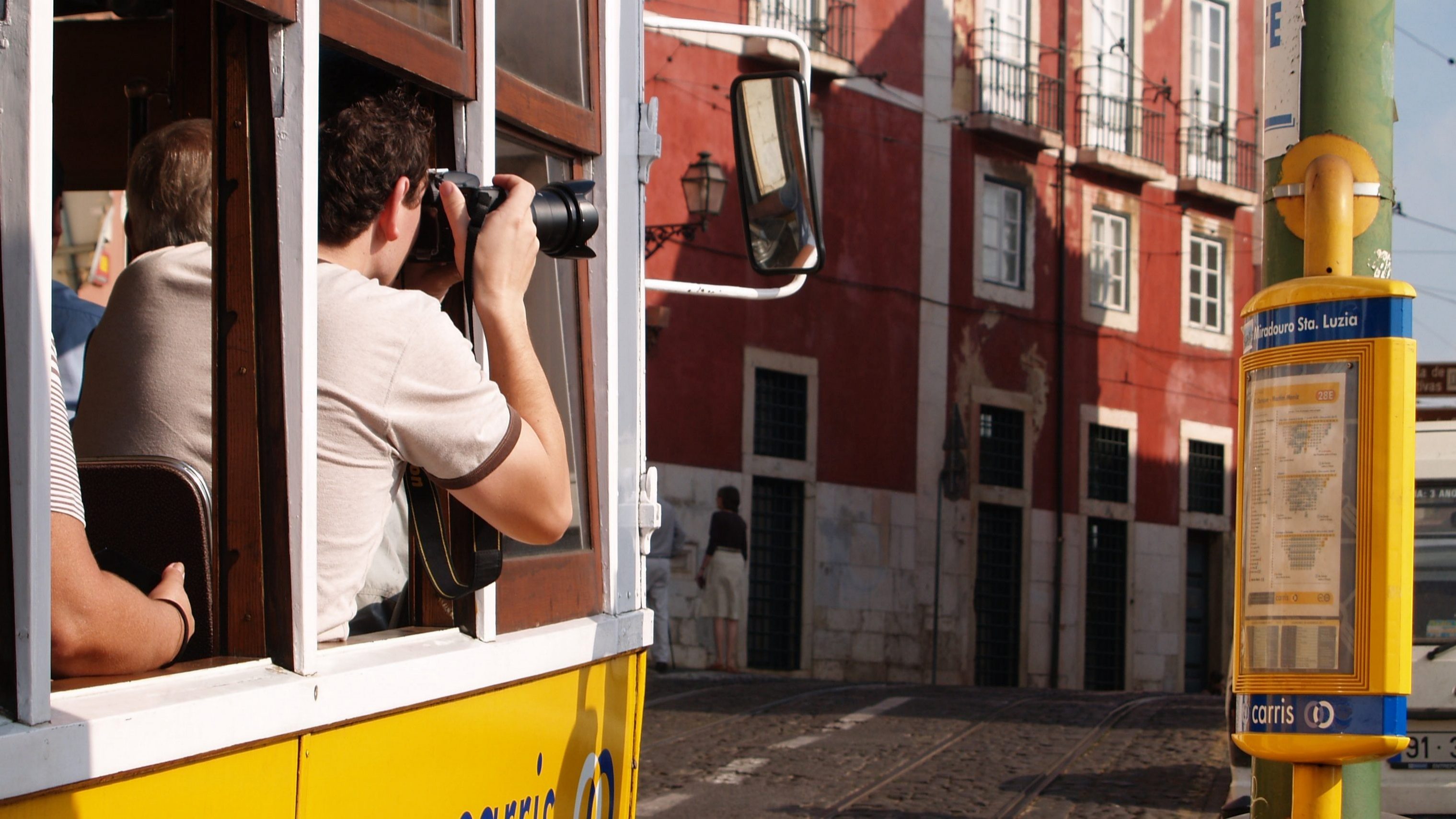Country’s tourism sector “will recover fully but not this year” – DBRS
DBRS Morningstar says Portugal's tourism sector will not fully recover in 2021, anticipating "another difficult year" for the country.
Portugal’s tourism sector will not fully recover this year, given the “particularly critical” health situation and the fact that travel restrictions are lasting longer than previously expected, but the shock will be temporary and the country’s attractiveness will remain in future, according to DBRS Morningstar, a financial ratings agency.
In a note on the sector in Portugal, released on Monday, DBRS anticipates “another difficult year”, given the seriousness of the crisis caused by the global pandemic – which in Portugal is in a “particularly critical” phase, it notes – as well as delays in Europe in the provision of vaccines against Covid-19 and the extensions of travel restrictions.
Given the importance of the tourism sector to Portugal, this is likely to delay the country’s full economic recovery, it stresses.
Still, DBRS argues that the Covid-19 “shock” will be temporary and should not result in structural changes in the tourism sector in Portugal: although this crisis will inevitably have “serious consequences” for many workers and companies, particularly those most exposed to tourism, demand in Portugal “is expected to return to pre-pandemic levels.
According to the agency, the characteristics that made Portugal attractive to visitors from all over the world before the crisis will remain long after the pandemic has faded.
In its analysis of the Portuguese sector, DBRS recalls that in 2019 Portugal received 27 million non-resident visitors, up from an annual average between 2010 and 2012 of 14 million. This near doubling of arrivals in less than a decade saw revenues from tourist accommodation almost triple, so that by the end of the decade tourism and related industries accounted for 17% of gross domestic product, 19% of employment and 20% of total exports, it calculates.
Last year, because of the the pandemic, the number of tourists fell to 10.6 million; although domestic tourism allowed for some recovery in the summer, the near absence of foreign visitors contributed significantly to a 7.6% contraction in GDP in 2020.
This year the situation has worsened with the latest wave of the pandemic, both in Portugal – described as “one of the worst-performing countries in Europe” in terms of new cases and deaths – and in the countries that traditionally send tourists to Portugal, such as the UK, Germany, Spain, France, the Netherlands and Brazil.


